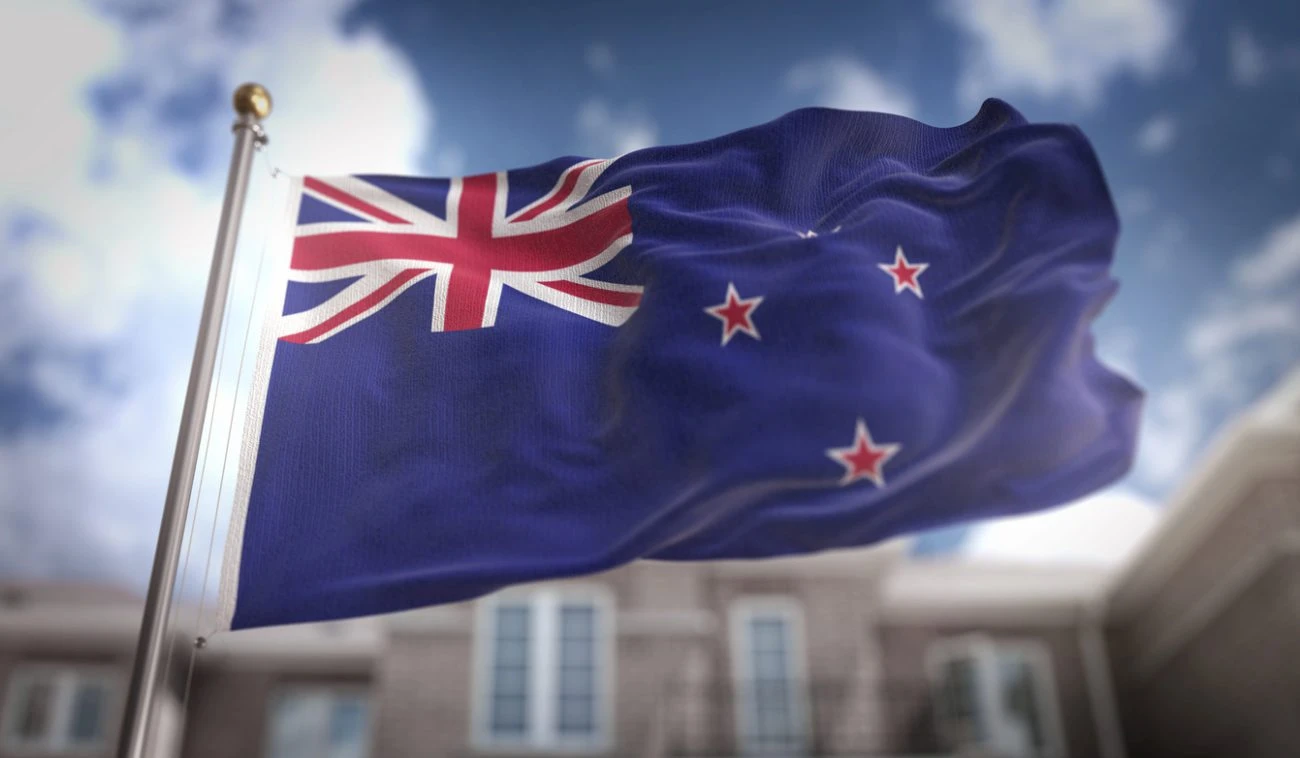New Zealand launches consultation on igaming regulation

The New Zealand government has launched a public consultation to gauge public support for regulating new forms of online gambling.
It said that following the current Gambling Act’s introduction in 2003, internet technology has developed rapidly.
“In 2003 internet technology was still developing. Social media was in its infancy. Cell phones weren’t yet smart and people connected to the internet using cables,” Minister for Internal Affairs Tracy Martin said.
Currently Lotto NZ and the TAB are the only operators permitted to offer gambling products online, though the government acknowledged that an increasing number of New Zealanders were gambling via offshore providers. Around 70% of residents aged 15 and over had gambled, whether online or via land-based providers, in the past year, it noted.
While most were able to gamble without experiencing any problems, around 5% of New Zealanders gamble to the extent that it harms them and people around them. A consultation on a new strategy to tackle gambling harms by the country’s Ministry of Health flagged unregulated igaming as a particular threat for young people in the Maori and Pacific Island demographics. Anecdotal evidence suggested that Asian and migrant communities were also negatively affected.
This, Martin said, meant changes were needed: “We need to ensure that New Zealanders are safe if they choose to gamble online.
“We need to look out for our young people especially, because they are online so much, as well as others vulnerable to gambling harm.”
Between 2017 and 2018, New Zealand’s gambling expenditure reached NZD$2.40bn (£1.30bn/€1.43bn/US$1.58bn), an increase of $49m from the prior period, with poker machine accounting for the majority ($895m) of consumer spend. It was followed by casinos, on $578m, then the lottery on $561m.
Spend on the TAB accounted for a further $350m, followed by Class 3 gaming, such as society lotteries, on $17m.
In looking to expand its igaming market, the government said it had two key options. First would be to either limit or expand the gaming product range offered by Lotto NZ and the TAB. The second would be to expand the range of companies allowed to operate in New Zealand, then introduce controls on the products they can offer.
As such, the government has set out four potential regulatory models to update gambling legislation.
The first would be to keep the market restricted to Lotto NZ and the TAB, with no changes to the igaming products they could offer. Alternatively, Lotto NZ and the TAB could be allowed to launch new online products to complement their existing verticals.
A licensing model for domestic operators, allowing native charitable or commercial operations to move into igaming could also be pursued. Finally, a regulatory regime covering domestic and foreign operators could be implemented, covering all verticals.
Under any model, the government would look to introduce a range of social responsibility controls such as self-exclusion, credit card restrictions, restrictions on using public Wifi to gamble and geofencing.
The public, and industry stakeholders have been asked to share their thoughts on each potential framework to aid the government’s decision-making process.
In addition, the government is seeking views on measures to minimise gambling harms. So far it has set out six potential measures. First is a drive to educate the public on the potential dangers of gambling, and influence operators to comply.
Next would be to have the industry fund problem gambling efforts, followed by putting the onus on the industry to self-regulate and put in place safeguards to prevent harmful behaviour. It is also asking for public comment on maintaining the ban on online gambling advertising.
Alternatively, the government could take the lead in regulating industry conduct, to better protect players, or hand regulatory bodies the power to enforce the law and gambling licensing conditions.
Interested parties are invited to submit comments to the Department of Internal Affairs’ Online Gambling Team by September 30.
